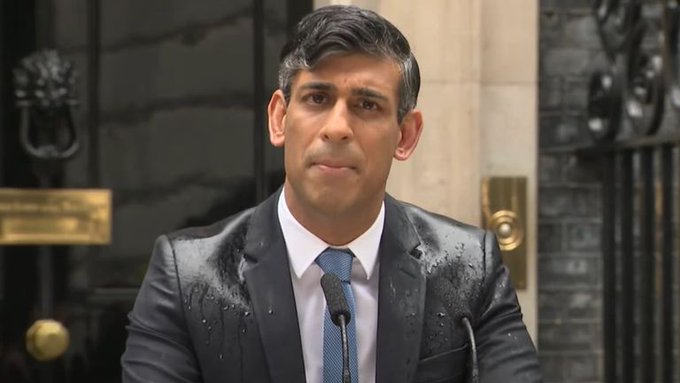In a bold move, UK Prime Minister Rishi Sunak has announced plans to reintroduce mandatory National Service for 18-year-olds if his ruling Conservative Party secures victory in the upcoming general elections scheduled for July 4.
Sunak outlined his vision for the initiative, emphasizing its aim to equip young individuals with “real world skills” while fostering a sense of contribution to their community and country.
The proposed scheme, estimated to cost approximately 2.5 billion British pounds, has sparked fierce debate, with the opposition Labour Party labeling it as “another desperate unfunded commitment” from the Conservatives, according to reports from the BBC.
National Service, originally introduced in 1947 under a Labour government led by former Prime Minister Clement Atlee, required physically fit young men aged between 17 and 21 to serve in the armed forces for 18 months. The program was phased out in 1960 but continued in deferred service until 1963.
Under Sunak’s plan, eligible teenagers could opt for a full-time, 12-month placement in either the armed forces or UK cyber defense, gaining exposure to areas such as logistics, cybersecurity, procurement, and civil response operations. Alternatively, they could volunteer one weekend per month, or 25 days per year, with fire and police departments, as well as the National Health Services.
In a statement, the Conservative Party highlighted the initiative’s potential to provide “valuable work experience” and cultivate interests in healthcare, public service, charity, or the armed forces.
Critics, however, have lambasted the proposal. Labour Party representatives derided it as a costly measure necessitated by Conservative cuts to the armed forces, while Liberal Democrat defense spokesperson Richard Foord accused the government of diminishing Britain’s military strength through troop reductions.
The contentious debate surrounding the National Service revival underscores broader divisions within British politics, with contrasting visions for the country’s future at the forefront of public discourse. As the nation braces for a pivotal election, the issue promises to remain a focal point of contention and scrutiny.

















Comments